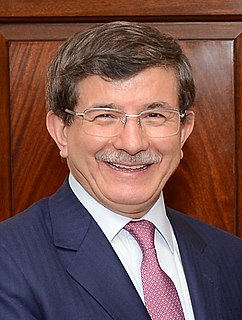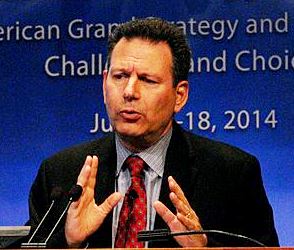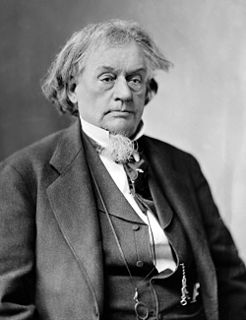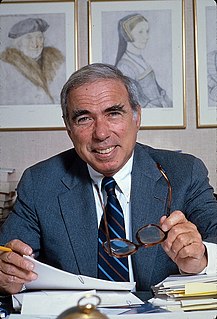A Quote by Noah Feldman
The rise of the presidency began with the Louisiana Purchase, which in 1803 doubled the land mass of the United States. History taught the framers that, just as Rome changed from republic to empire with conquest of new lands, territorial acquisition would lead to the centralization of political power.
Related Quotes
The broadening of the economic order which came to be seated in the individual property owner... dramatized by Jefferson's purchase of the Louisiana Territory... "The supremacy of corporate economic power... consolidated by the Supreme Court decision of 1886 which declared that the Fourteenth Amendment protected the corporation... [the New Deal, leading to], within the political arena, as well as in the corporate world itself, competing centers of power that challenged those of the corporate directors.
To complete the rout of traditionalists, in America an impression began to arise that the new industrial and acquisitive interests are the conservative interest, that conservatism is simply a political argument in defense of large accumulations of private property, that expansion, centralization, and accumulation are the tenets of conservatives. From this confusion, from the popular belief that Hamilton was the founder of American conservatism, the forces of tradition in the United States never have fully escaped.
What sets imperialism of the capitalist sort apart from other conceptions of empire is that it is the capitalist logic that typically dominates, though ... there are times in which the territorial logic comes to the fore. But this then poses a crucial question: how can the territorial logics of power, which tend to be awkwardly fixed in space, respond to the open spatial dynamics of endless capital accumulation? And what does endless capital accumulation imply for the territorial logics of power?
Christianity enhanced the notion of political and social accountability by providing a new model: that of servant leadership. In ancient Greece and Rome no one would have dreamed of considering political leaders anyone's servants. The job of the leader was to lead. But Christ invented the notion that the way to lead is by serving the needs of others, especially those who are the most needy.
Try this thought experiment. Pretend you're a tyrant. Among your many liberty-destroying objectives are extermination of blacks, Jews and Catholics. Which would you prefer, a United States with political power centralized in Washington, powerful government agencies with detailed information on Americans and compliant states or power widely dispersed over 50 states, thousands of local jurisdictions and a limited federal government?



































